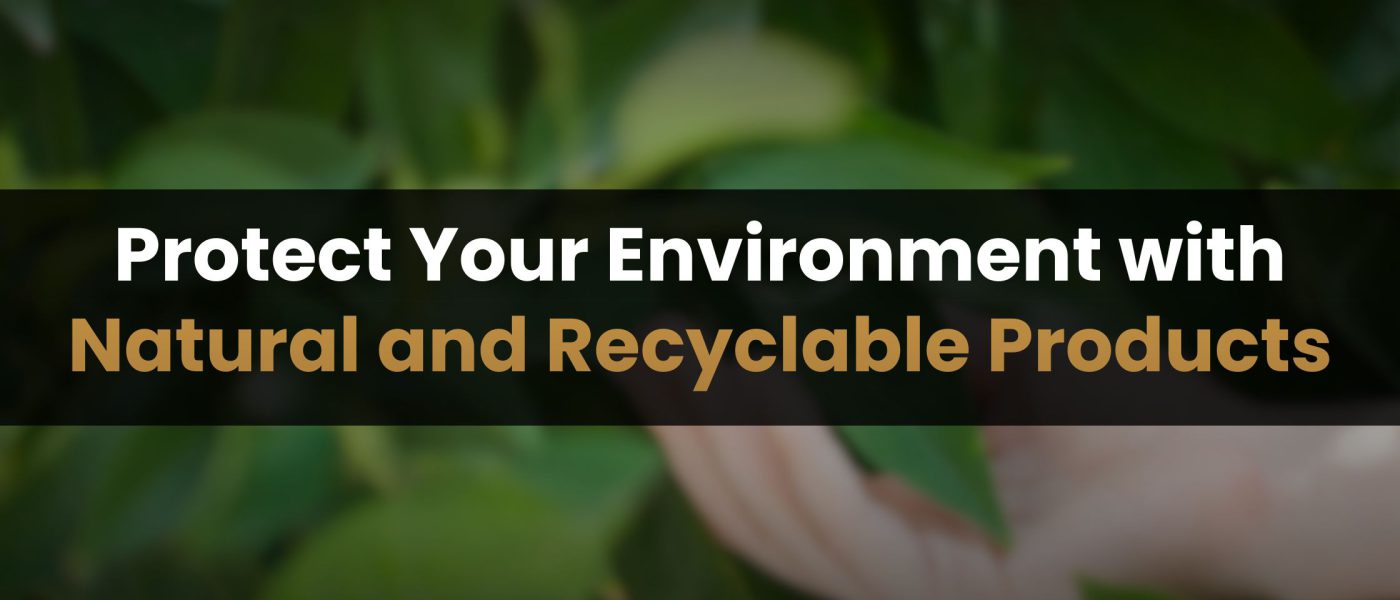Owing to the growing need for sustainable fashion and environmentally friendly raw materials, textile companies are deliberately changing their sourcing strategy and seeking eco-friendly or recycled fabric suppliers at Damodar Menon International. A few years ago, there were hardly any companies that created environmentally friendly, natural and recyclable products, but the textile industry has seen a steady upward trend in consumer preferences. Eco-friendly fabrics and textile products are no longer a small niche but a growing market. At TEXchange Global, we are here to help organic, green, and natural fabric suppliers find buyers and grow their businesses.
Why is there a demand for eco-friendly cotton yarn online?
When producing feminine hygiene products such as wipes, baby diapers, sanitary pads, and adult incontinence diapers, it is crucial to use fabrics that do not contain harmful chemicals and additives. Many popular hygiene products contain ingredients that may harm the skin and have cancer-causing properties, such as parabens, coal tar dye, plastic, formaldehyde, and aluminum. These ingredients may also cause skin rashes, Alzheimer’s, dementia, liver issues, and neurodegenerative disorders. Therefore, manufacturers must choose high-performance cotton, modal, and other natural fibers to create medical and hygiene products.
What is Eco-Friendly Yarn?
Eco-conscious yarns are sustainable and biodegradable materials made primarily from organic and natural fibers. Their cultivation and manufacturing processes avoid the use of hazardous chemicals, fertilizers, pesticides, or substances harmful to water sources, protecting both the health of laborers and the environment. Wool, Tencel, organic cotton, linen, soy, hemp, and bamboo are examples of such yarns. Other environmentally friendly options include yarns upcycled from recycled t-shirts and even plastic materials.
What Kind of Yarns Should Eco-Friendly Fabric Suppliers Avoid?
To foster a more eco-friendly future, producers should avoid using environmentally harmful yarns. The extraction of fossil fuels necessary for creating commonly used and inexpensive yarns like acrylic consumes an immense amount of energy and significantly contributes to carbon emissions.
This process, along with accidental spills, causes severe environmental harm, including land degradation, water contamination, and the release of greenhouse gases, which further exacerbate climate change. Moreover, the primary component of acrylic, acrylonitrile, is not only non-degradable but also a potential carcinogen that sheds microplastics with each wash. Yarns such as nylon, polyester, and those dyed with synthetic colors are also on the list of materials that manufacturers should avoid in order to protect our planet.
Certifications to Look For
Determining the eco-friendliness of naturally sourced fibers can be complex. However, the Global Organization Textile Standard (GOTS) certification serves as a reliable indicator of sustainability in yarn production. This certification verifies that the yarn’s entire supply chain, from its production to packaging, adheres to strict ethical, social, and environmental guidelines.
GOTS-certified yarns are assured to be harvested responsibly, avoiding harmful chemicals and fertilizers. They are also produced and processed using environmentally friendly methods, including wastewater treatment and the use of low-impact dyes.
Moreover, the GOTS certification ensures the enforcement of equitable labor and trade practices, with yarn manufacturers committed to maintaining a safe and ethical working environment for their employees.
The rise of natural hygienic and medical products will help reduce carbon footprint and reduce environmental impact. At TEXchange Global, we take pride in being associated with organic cotton and eco-friendly fabric suppliers who do not compromise our commitment to sustainability.
Register your company with us to find GOTS-certified fabric manufacturers worldwide. If you want to buy cotton from online fabric store in India, sign up for an account on the TEXchange Portal and enjoy its digital trading features and benefits.




